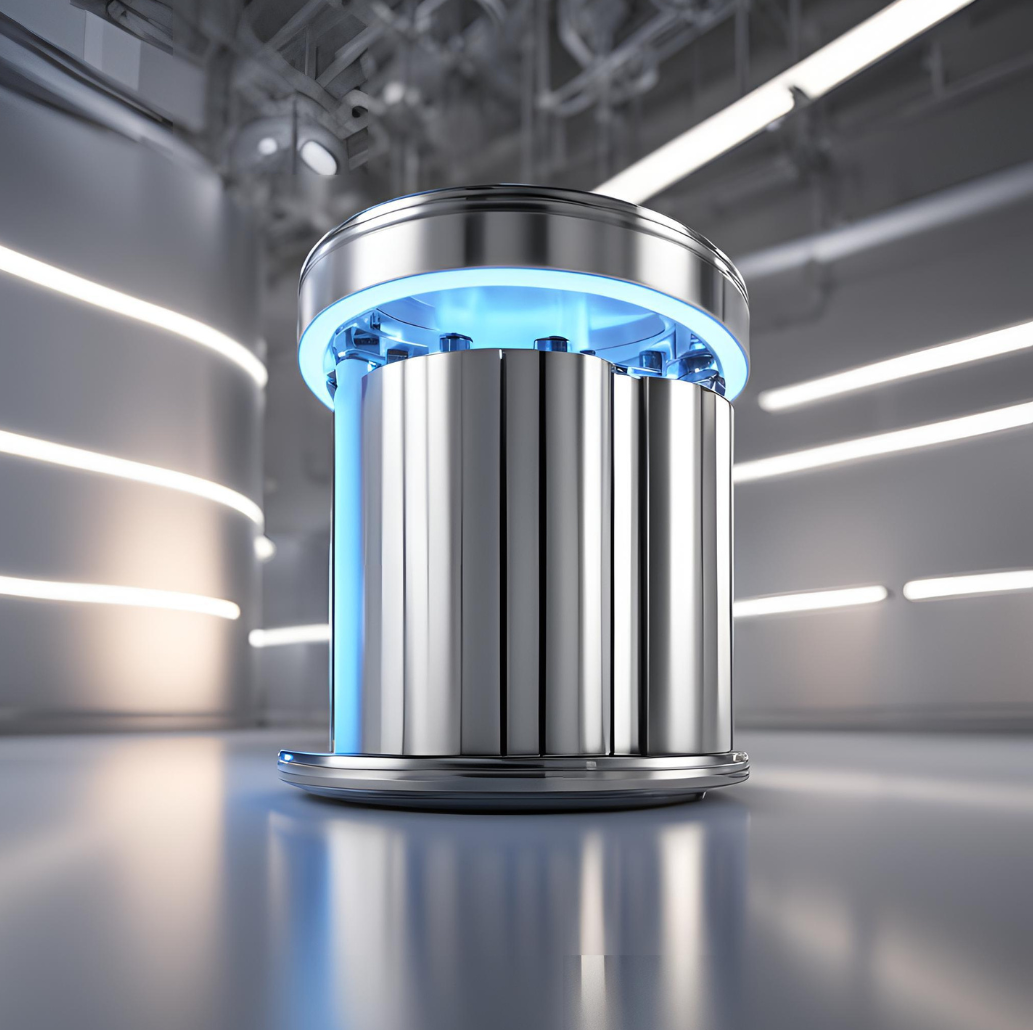
Introduction
In the rapidly evolving landscape of electronic components, ultracapacitors (also known as supercapacitors) have emerged as pivotal devices, seamlessly bridging the gap between traditional capacitors and batteries. Their unique ability to deliver quick bursts of energy while maintaining a longer lifespan positions them as indispensable in various applications, from renewable energy systems to automotive technologies.
Understanding Ultracapacitors
Unlike conventional capacitors that store energy electrostatically, ultracapacitors store energy electrochemically, allowing for significantly higher energy storage capacity. This distinction enables them to charge and discharge rapidly, endure millions of cycles, and operate effectively in a wide temperature range.
Key Advantages
- Rapid Charging and Discharging: Ultracapacitors can be charged and discharged in seconds, making them ideal for applications requiring quick energy bursts.
- Longevity: With the capability to withstand over a million charge-discharge cycles, they offer a longer operational life compared to traditional batteries.
- Wide Temperature Tolerance: Their performance remains consistent across a broad spectrum of temperatures, enhancing reliability in diverse environments.
Applications in Modern Technology
- Automotive Industry: Ultracapacitors are employed in regenerative braking systems, providing immediate power for acceleration and improving fuel efficiency.
- Renewable Energy Systems: They assist in stabilizing power output by managing short-term energy fluctuations in solar and wind power installations.
- Consumer Electronics: In devices requiring rapid charging, ultracapacitors ensure quick power delivery without compromising the device’s lifespan.
Challenges and Future Prospects
While ultracapacitors offer remarkable benefits, challenges such as lower energy density compared to batteries and higher costs have limited their widespread adoption. However, ongoing research is focused on enhancing energy density and reducing production costs, paving the way for broader utilization in the future.
Conclusion
Ultracapacitors represent a significant advancement in energy storage technology, offering a unique combination of rapid energy delivery, longevity, and reliability. As research and development continue to address existing challenges, ultracapacitors are poised to play a crucial role in the future of electronic components, aligning with KEMET’s commitment to innovation and sustainability.
